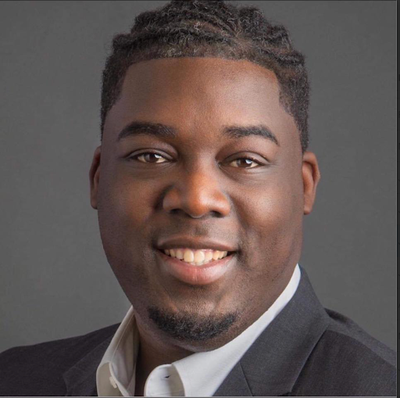In the aftermath of the recent elections, it is alarming to note that over half of the voters supported policies that stand in stark contrast to the principles of diversity, equity and inclusion. This discrepancy raises questions about the values held by a significant portion of our population. How could so many voters choose to endorse a platform that appears to violate the very tenets of our “republic,” including the First and Third amendments? In favor of uniformity, inequity and exclusion. This reality prompts us to reflect on the current state of our nation.
One of the most challenging aspects of this situation is the stark divide between urban and rural communities. Many individuals in urban areas, who champion inclusivity and diversity, often overlook the prevailing sentiments in rural counties. In these areas, there was always a troubling pride in white nationalism. Despite the advancements we have made in areas such as technology and social justice, highlighted by the election of our first Black president, rural communities have never shifted away from their historical biases. Instead, these biases have festered, leading to increased anger and resentment. The roots of this issue run deep, with a historical context that includes discriminatory housing practices, such as the racial covenants found in home deeds on Spokane’s South Hill.
As a pastor’s kid, it has been bizarre for me to witness white Christians departing from the clear directives laid out in multiple passages of the Bible and the teachings of Jesus. The biblical calls to love one’s neighbor, treat foreigners with kindness, and care for the poor have been overshadowed by a focus on issues such as deportation, gun rights, and opposition to transgender rights and abortion, topics that seem counter to the essence of Jesus’ message. This shift highlights a troubling inconsistency in the values espoused by those who profess to follow Christ, as they prioritize political agendas over the foundational teachings of compassion and love.
These individuals often exhibit an intolerance for differing people and beliefs, especially when they conflict with their own ideologies (identity). We know this though. Some white nationalists may not even recognize their deep-rooted nationalism and disdain for difference until they examine their own lives. A lack of prominent people of color in their social circles and a tendency to dream of “white havens” like Boise, highlight how insular their experiences are, often leading to a limited understanding of diversity and the belief that they don’t see color. How can you, if your very life you live is devoid of it?
Look deeper and we see a troubling history of idolization of wealthy white figures, who have historically prioritized their profits over the well-being of marginalized communities and those very rural whites. Look how we as Americans idolize the “Royal Family,” even though England was a former Colonial Oppressor of our nation. Look at all the Disney princesses. This cycle of exploitation continues a system that benefits wealthy white nationalism at the expense of the non wealthy that prompt them up, with a dream that someday they can be them. Yet, we all know of the sobering probability of socioeconomic mobility. Figures like Donald Trump did not create this; rather, he has tapped into the long-standing tools of manipulation employed by affluent white men throughout our nation’s history.
The slogan “Make America Great Again” holds a long held dream for a return to the principles that have traditionally marginalized everyone, except wealthy white men. Recent cabinet appointments under Trump’s administration reveal a striking lack of diversity both ethnically and economically that contradicts the notion of merit-based hiring. As of 2023, Black women are the most educated demographic in the United States, with 66% holding a college degree or higher, yet they remain vastly underrepresented in leadership positions. In stark contrast, many of Trump’s cabinet picks lacked qualifications or experience relevant to their roles, raising serious questions about the commitment to true “meritocracy.”
When examining the demographics of rural communities, schools, churches, and workplaces, it becomes increasingly clear why more than half of the voting population supported a platform that often aligns with white nationalist principles. We must confront the uncomfortable truth that many of our friends, neighbors, and even family members may harbor these beliefs.
I also find it perplexing that many are surprised by how Hispanics voted in recent elections. Given the history of Central and South American countries, where efforts were made to pay Europeans to settle in places like the Dominican Republic and Argentina in order to dilute Afro and Indigenous identities, I am not surprised. This historical context reveals a long-standing desire to align more closely with whiteness, all in the name of white supremacy and nationalism. It is sad to see that despite these efforts, the affluent white will never fully accept those who attempt to conform to their standards, nor will they embrace the poor or middle-class white folks in rural areas who seem to have abandoned even the teachings of Jesus for this new way of living.
What can we do in response to this troubling reality? First we need to accept it. We must hold ourselves accountable and recognize the signs when people reveal their true beliefs, even if they belong to our own families. Though the road ahead may be challenging, I remain hopeful for a more inclusive and loving America that truly represents all of us. Our fight for justice and equality must persist, as it is only through collective effort that we can challenge these divisive ideologies and foster a brighter future for every American. Our nation stands at a crossroads. It is important that we strive for understanding and unity, rejecting the narratives that divide us. Together, we can work toward a society that values diversity, equity, and inclusion, making sure that all voices are heard and respected.
